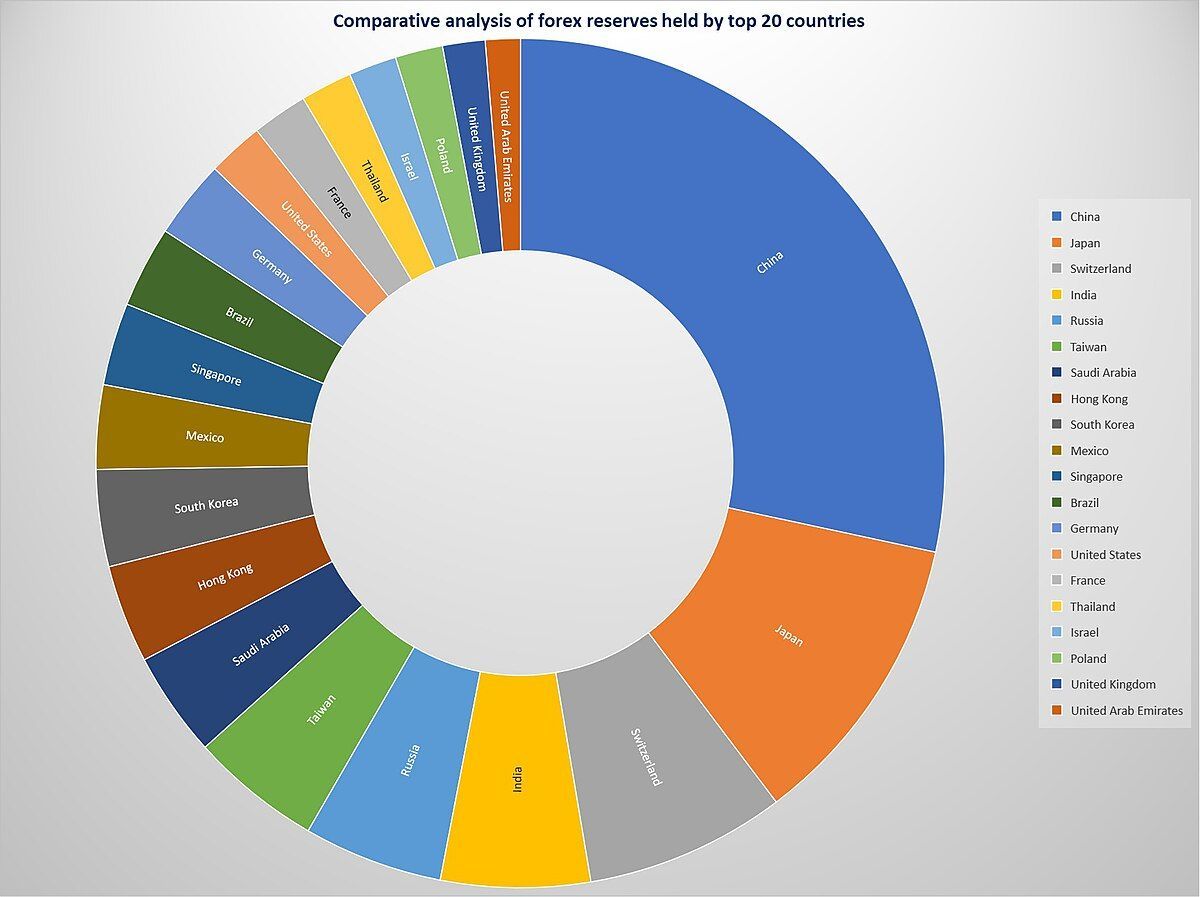Colin Read • December 30, 2023
What Will 2024 Bring? - December 31, 2023

2022 and 2023 will be remembered by economists for a long time. These were the years that inflation reared its ugly head with a depth not seen since 1981. As we have documented in these pages many times before, the phenomenon occurred through a combination of hubris and politics. The hubris was in believing we can throw away economic models dating back a century because this economy was somehow new and resilient. We also saw an absolutely unprecedented level of fiscal expansion, and national debt, by two less-than-responsible presidents, followed by political wrangling and log-rolling as people jockeyed for position to lead the Fed.
The upshot was an inflation many saw happening, and we all watched as if a train wreck was occurring before our very eyes in slow motion.
So, what will next year bring?
Well, probably a shallow recession, but maybe not, despite its almost inevitability.
You see, as today’s graph shows, inflation by all measures is already in the magical two percent range if we focus not on prices now compared to a year ago, but instead watch the more useful number of what prices have been doing lately, specifically the last quarter.
We then see a rosy picture of normalized inflation combined with significant quarter-to-quarter economic growth of 4.9% in the third quarter of 2023.
Aye, there’s the rub. A recession is normally defined as two quarters of contraction, or negative growth. Technically, we already experienced a mild inflation recently, if we follow that traditional measure. But the group who gets to call inflation, the National Bureau of Economic Research, was unwilling to make that call so long as growth was so swimmingly positive.
In fact, the most recent 4.9% growth was spectacular. We will see in another month or so how the fourth quarter ends, but indications were of a reasonably robust holiday spending season.
Now, we could invoke the usual psychological explanation of inflation and observe that human nature is such that we expect things to turn downward if they are too good for too long. Certainly, there are just as many, and maybe slightly more doomsayers who comment on the stock market’s lofty heights.
But, a better argument for a recession is just in the numbers. Markets and the Gross Domestic Product that tries to measure them are somewhat stochastic. In other words, there are a lot of forces at work at a given time, some reinforcing trends and some regressing us toward the mean. No developed nation maintains an almost 5% GDP growth rate for any length of time. It requires just too much low hanging fruit that mature market economies have long since picked.
So, we are in store for a regression toward a mean annualized growth rate that has traditionally been in the 2% range. A quarter or two close to 5% means we are likely to have a quarter or two that is flat or even declining so we still average out to a 2% growth rate that contemplates technological improvement, productivity increases, and population growth.
If so, such a recession will be short lived. Finally, for the first time in a decade and a half, the Federal Reserve has an inflation rate it can live with AND an interest rate that allows it wiggle room to stimulate the economy. Right now, the interest rate the Fed determines, either nominally, or by deducting from their interest rate the inflation rate to get our real return, are a bit higher by historical standards. That allows the Fed some latitude to lower their benchmark discount rate a few times without getting into the ridiculous negative real interest rate regime they found themselves in for the decade following the 2008 recession.
This means that the Fed is willing to pull the trigger if necessary. And pull they will, likely next year, which will be seen by the market as a nice normalizing reaction.
This is not real news. It is merely a normalization, but one which might give the stock market some more room to either grow, or to recover from a correction, depending on timing.
The Fed will be much more careful this time around, though. I believe they learned their lesson.
I wish you all a happy New Year’s Eve! I am enjoying it a bit earlier than some - from Sydney, Australia.









